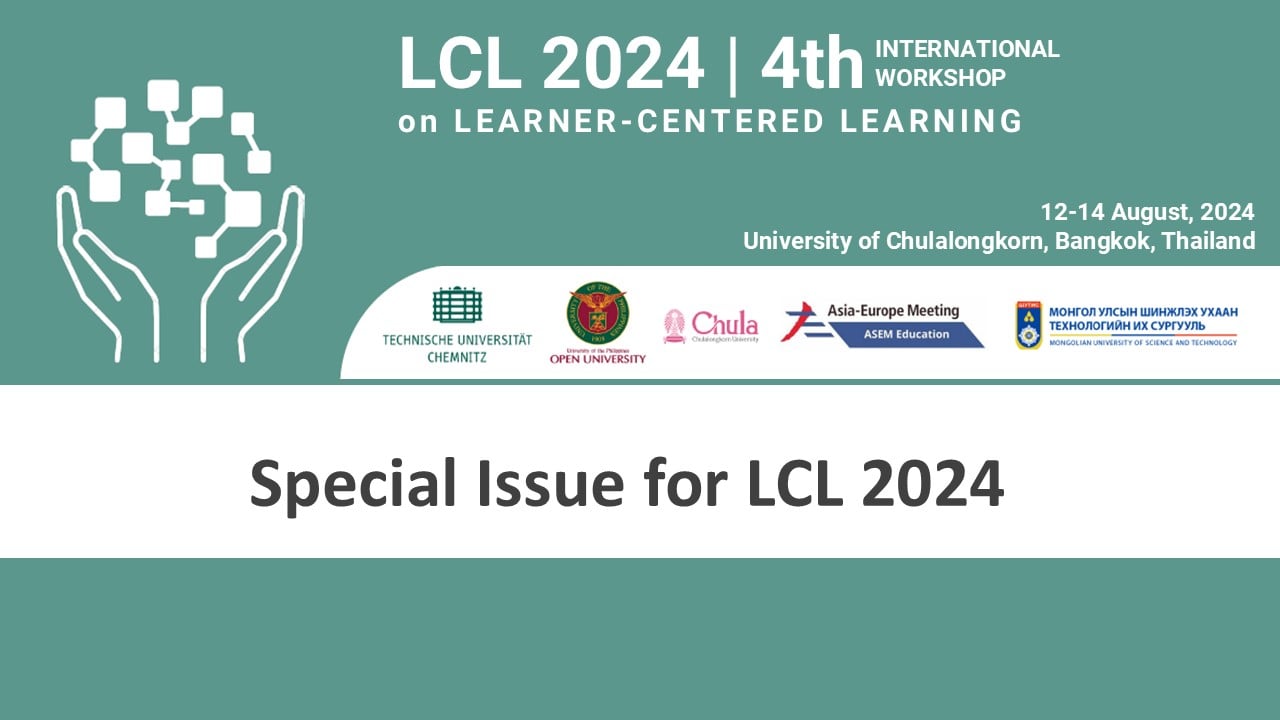Self-Evaluation of E-Learning Platform: Based on Learners’ Feedback
DOI:
https://doi.org/10.14464/ess.v11i11.789Abstract
This study implements e-learning evaluation for an online learning platform, ‘tend.mn’. The evaluation is based on learners’ perspective and utilizes Structure-Oriented Model (SURE) which is an e-learning evaluation model[1]. Established in 2019, tend.mn is an online learning platform where the classes mainly on content of educational tools and computer literacy as well as online teaching pedagogy [2]. Having learners from all over the world, it offers 11 courses in Mongolian as language and registered more than 800 users who are mainly from educational sector. The courses are designed in both fully online and blended course type. Many of the users already started their interested courses on the system; however, 220 of them successfully completed their learning progress at least for a single course which means approximately 27 percent of all users. For educators and learning platform providers, it is always essential to keep the platform consistent and efficient. Therefore, we proposed to evaluate the system and understand how it fulfills user’s requirement. With processing of mathematical equations [3] at the background, SURE model was developed to evaluate e-learning and consists of evaluation steps including 1) goal definition, 2) data collection or survey, 3) data analysis through online tool [3] and 4) evaluation results. For this study, four key goals defined including evaluation of course content, course materials, learning system design, and platform attraction where each goal has up to five sub-goals. Data collection survey designed in google form with rating between 0 and 10. In total 68 learners responded to the questionnaire voluntarily during two months. As a user assessment of each key and sub goals, SURE model’s background formulas produced rating between 0.0 lowest and 1.0 highest on required factors which are the evaluation scores. The overall evaluation score is 0.68 (68%) averaging the scores of key goals. It is considered as positive result if the evaluation score is above 50% by the selected evaluation model. In individual sub-goals, minimum score is on A11-gained skill/knowledge quality. In contrast, the higher evaluation scores (more than 0.70) were put on several sub-goals. From learners’ point, they still intend to continue their learning activity and enjoyed to use additional tools on tend.mn. In one hand, considering the evaluation scores on all key goals which are above 50%, the online platform is serving well from the learners’ perspective. On the other hand, since none of the key goals rated over 80%, there are still rooms to improve the system to enhance the learning quality to meet learners’ expectation. SURE model also produces respondents’ individual evaluation scores, where 30% of respondent gave highest score of 1.0 and 2.9% gave lowest of 0.0.

Downloads
Published
Issue
Section
License
Copyright (c) 2024 Garamkhand Surendeleg, Tuvshinbayar Purev, Uranchimeg Tudevdagva, Wolfram Hardt

This work is licensed under a Creative Commons Attribution 4.0 International License.
Copyright for articles published in this journal is retained by the authors. The content is published under a Creative Commons Licence Attribution 4.0 International (CC BY 4.0). This permits use, distribution, and reproduction in any medium, provided the original work is properly cited, and is otherwise in compliance with the licence.


